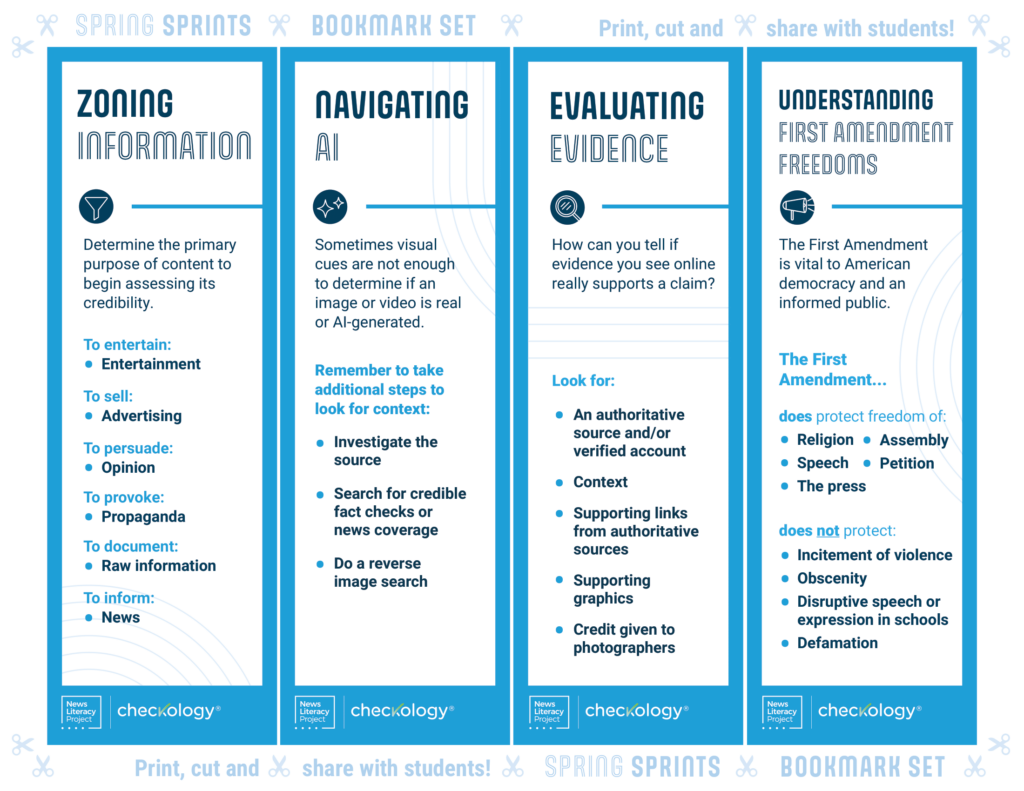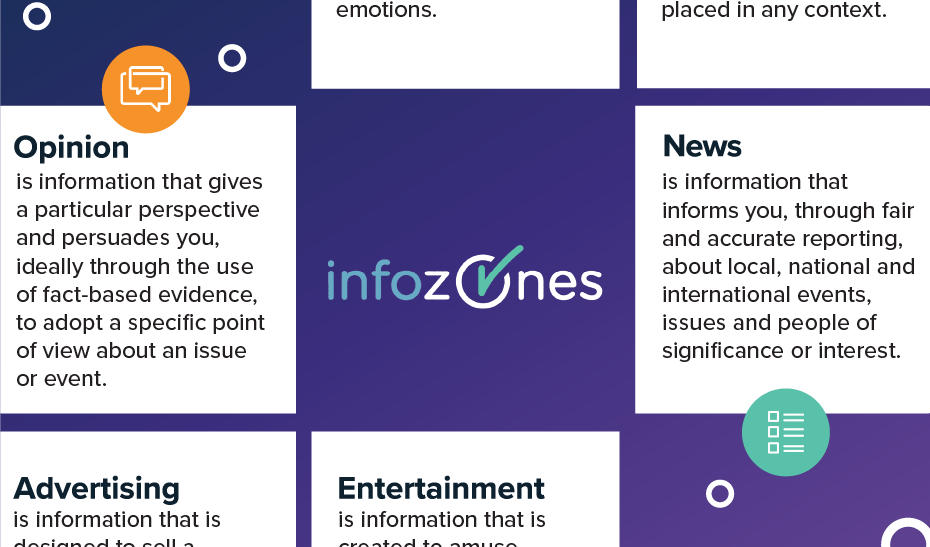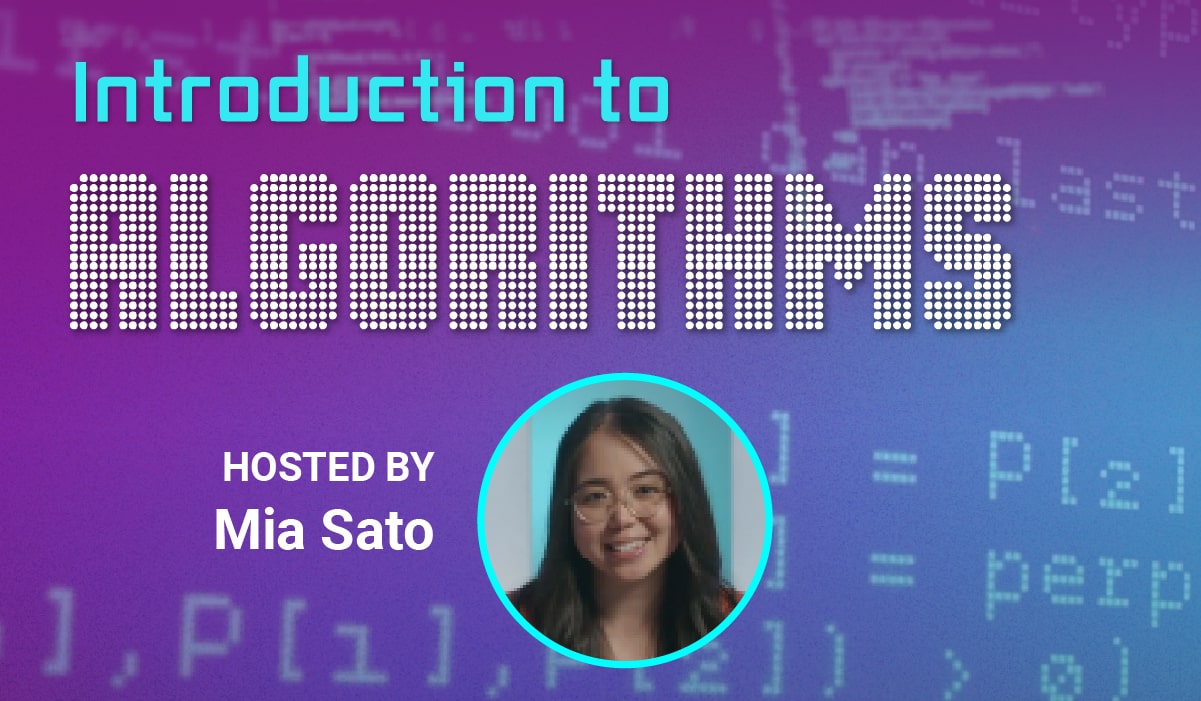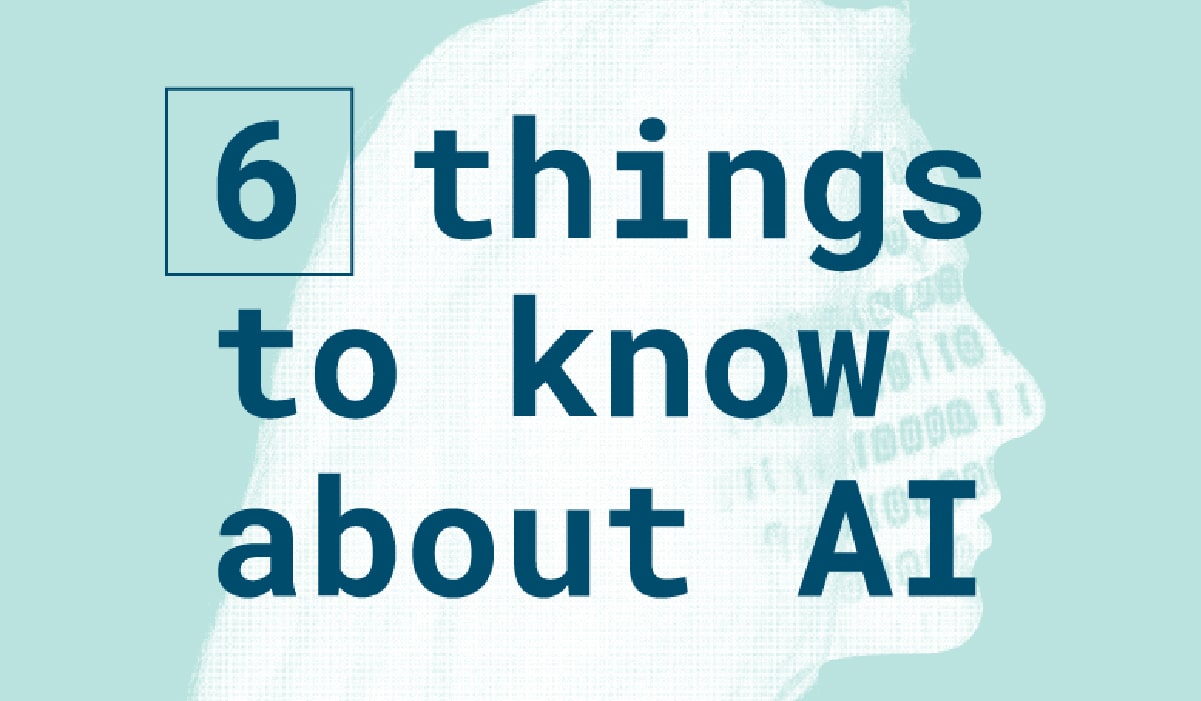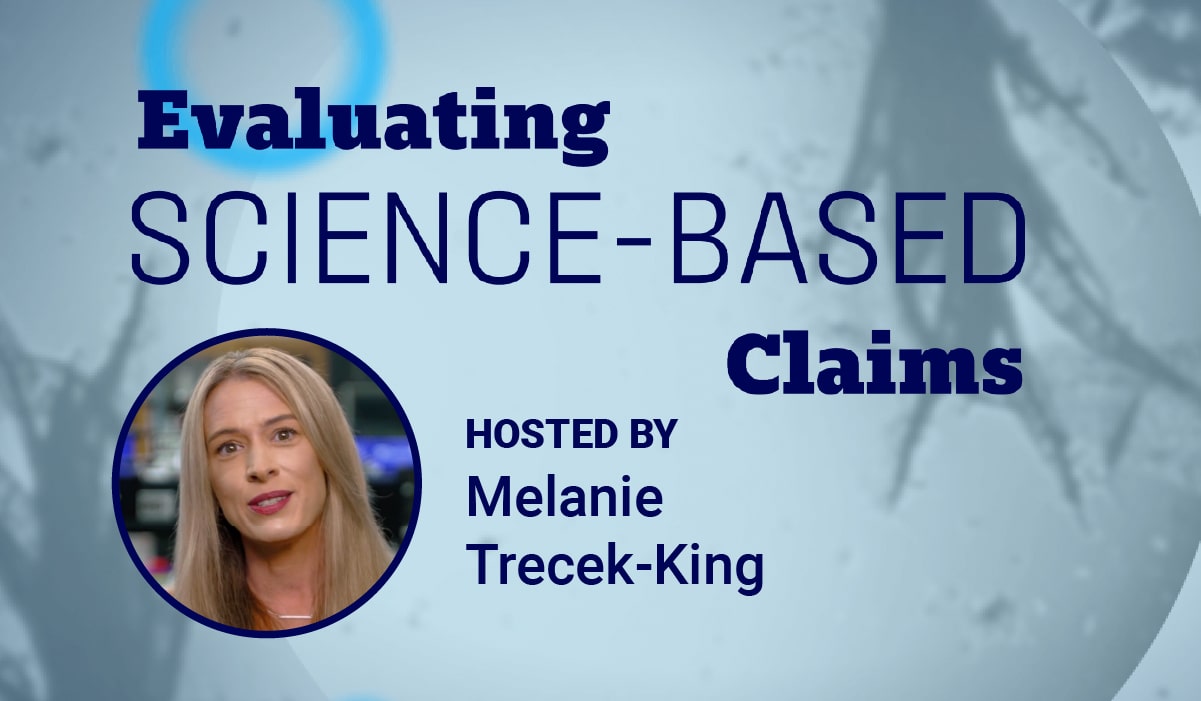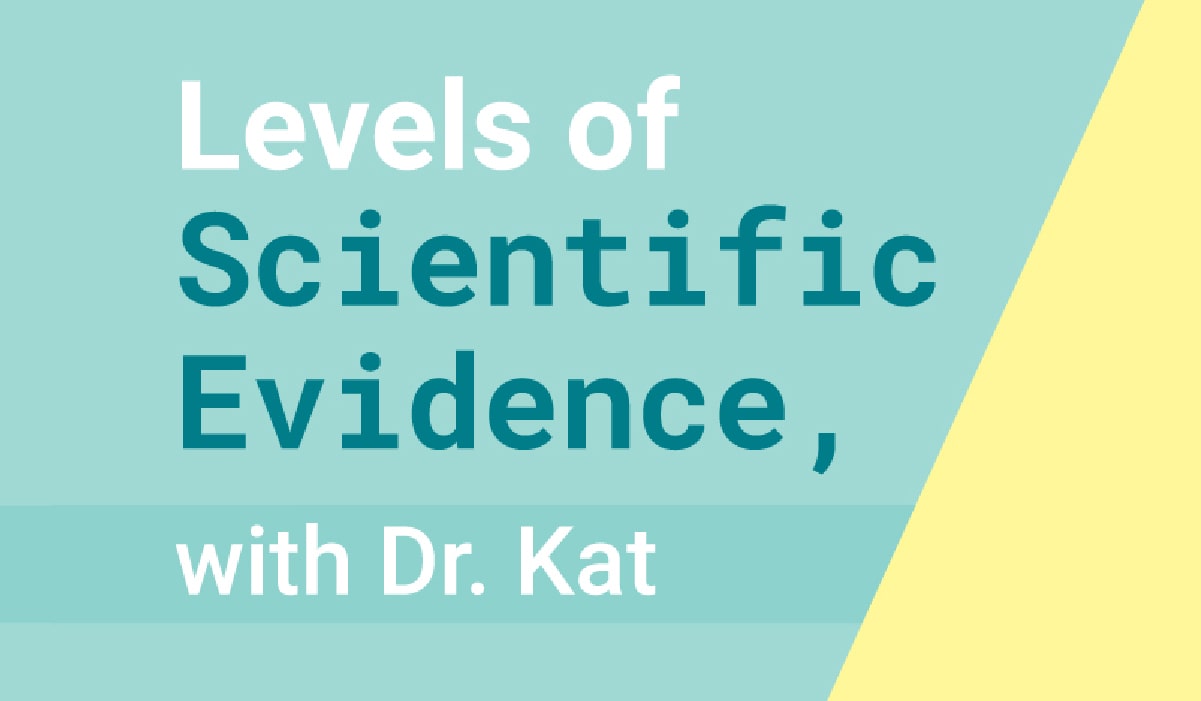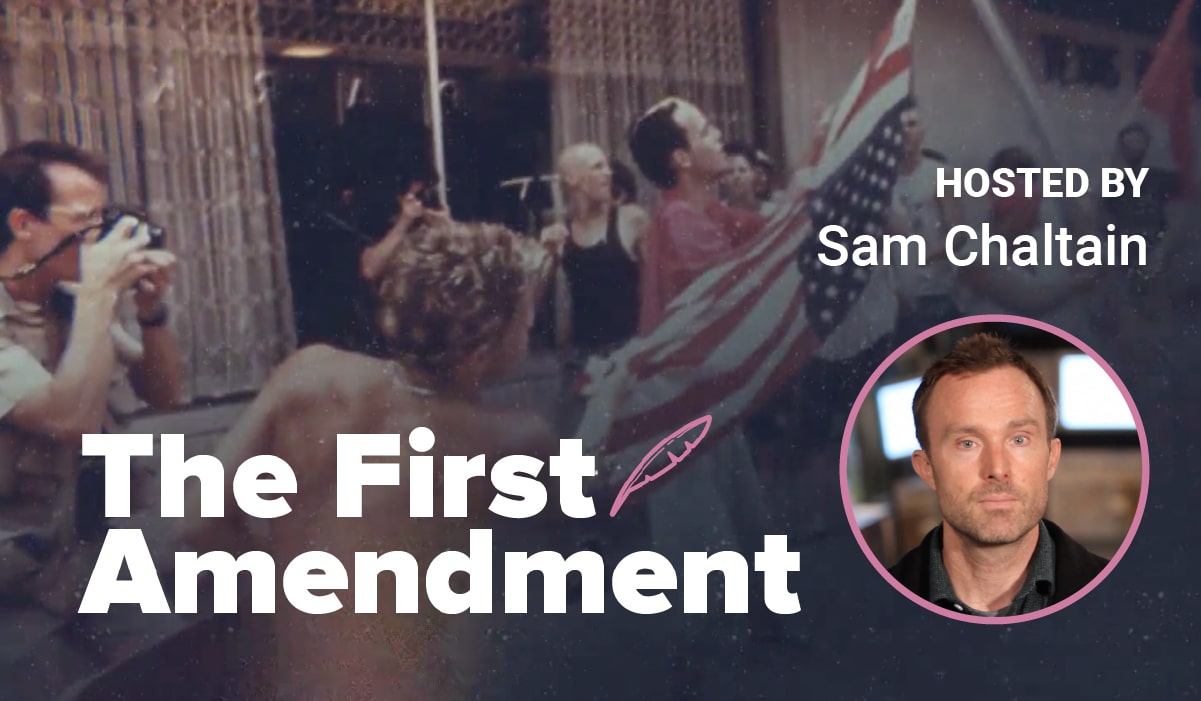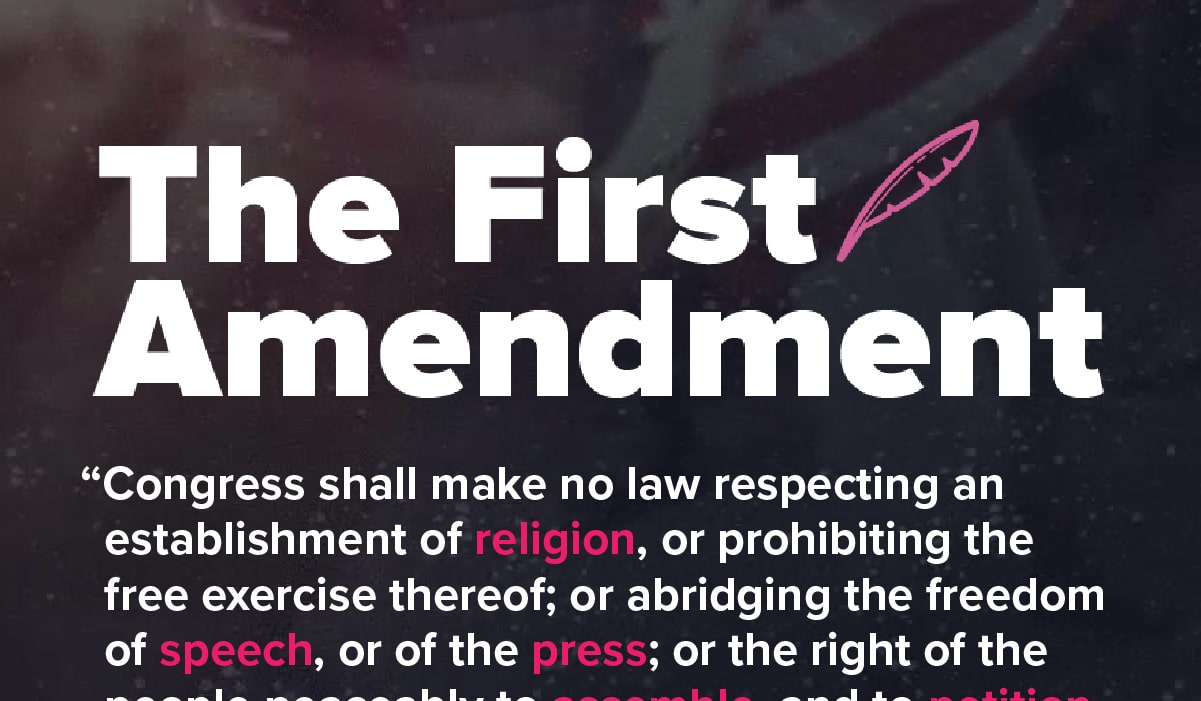Give students an invaluable gift before sending them off on summer vacation: the ability to think critically about the world and its complex information landscape.
Empower them to process internet feeds with healthy skepticism and to confidently evaluate information and evidence.
Classroom time is valuable, so our Spring Sprints lesson-and-poster bundles give you a straightforward way to fit the basics into your existing lesson plans, no matter which subject you teach. Dive into timely topics like artificial intelligence and press freedom, all from a nonpartisan perspective. To engage students further, download and distribute the FREE Spring Sprints bookmark set.
- JUMP TO
Webinars
Participate by registering for two free educator webinars hosted by NLP on edWeb.net, each related to the topics covered in the Spring Sprints. You’ll learn directly from subject matter experts and get inspiration and ideas for how to teach about AI, the First Amendment, press freedoms and more.
Receive additional support on implementing the Spring Sprints by joining us for a free 30-minute Preview Checkology webinar after either edWeb session. These short virtual events will walk you through getting started on the platform and offer practical tips for integrating lessons into your curriculum.
📅 Wednesday, April 9
5 p.m. ET/2 p.m. PT
Cracking the Code: How AI Shapes What We See (and What We Miss)
Click here for event details.
Join us for an in-depth conversation about the evolving role of AI and algorithms in news and social media. You’ll learn directly from reporter Mia Sato, who covers the tech world and AI’s influence for The Verge (and who is featured in the Checkology lesson “Introduction to Algorithms”).
📅 Wednesday, April 30
5 p.m. ET/ 2 p.m. PT
Trial by Media? The Free Press and the Criminal Justice System
Click here for event details.
Join us for an engaging webinar – just in time to mark World Press Freedom Day on May 3, 2025 – about the work and impact of investigative reporters in the criminal justice space, and what students can learn from this fascinating field.
📅 April 16 & 17
Preview Checkology
Click here for event details.
Join us for an engaging 30-minute webinar to learn more about Checkology’s foundational lessons in essential news literacy topics and understand how to get started with the platform. The same material will be covered in both sessions.
📅 May 7 & 8
Preview Checkology
Click here for event details.
Join us for an engaging 30-minute webinar to learn more about Checkology’s foundational lessons in essential news literacy topics and understand how to get started with the platform. The same material will be covered in both sessions.
Bookmarks
Don’t forget to download and print a bookmark set for each student! Each features key news literacy takeaways and tips – so even beyond the classroom, students can access helpful reminders about the skills they are developing.
Spring Sprints
The Spring Sprints are designed to help you prioritize the essentials. Four Checkology lessons, paired with four corresponding posters, offer an engaging and interactive way for students to learn about news literacy topics and skills. Choose the “sprints” that best fit with your curriculum – or assign all four.
💡 Ideal for educators who teach ELA, journalism or library media studies.
In “InfoZones,” students learn to determine the credibility of a piece of information by identifying its primary purpose or “InfoZone”: news, opinion, entertainment, advertising, propaganda and raw information. This lesson is hosted by broadcast journalist Tracie Potts (previously of NBC News Channel).
Supplement this lesson with “Six zones of information,” a poster displaying the definitions for each purpose and zone of information.
💡 Recommended for ELA, social studies, science or library media studies educators.
In “Introduction to Algorithms,” students dive into the world of algorithms and generative artificial intelligence as they weigh the civic and social impact of these technologies. This lesson is hosted by reporter Mia Sato of The Verge.
Supplement this lesson with “6 things to know about AI,” an infographic that provides an overview of how AI technology works and offers six news literacy takeaways to keep in mind as these tools evolve.
💡 An engaging pick for educators who teach science, ELA, library media studies or journalism.
In “Evaluating Science-Based Claims,” students learn how to recognize science-based claims and assess their credibility; explore why people resist and deny science; and gain the skills to evaluate science journalism. This lesson is hosted by science educator Melanie Trecek-King.
Supplement this lesson with “Levels of scientific evidence,” an infographic that presents eight distinct levels of scientific evidence, arranged in a pyramid that reflects a spectrum of quality.
💡 Ideal for educators who teach history, social studies, civics or journalism.
In “The First Amendment,” students learn why the First Amendment’s five rights and freedoms are so vital to American democracy. Through case studies, they weigh in on Supreme Court decisions in which these protections were challenged. This lesson is hosted by author and First Amendment expert Sam Chaltain.
Supplement this lesson with “The First Amendment” poster, a resource to help your students remember all five freedoms covered by the First Amendment.
Ready to get started?
Don’t forget to register for (or sign in to) your Checkology account in order to use the virtual lessons shown here. It only takes a few clicks!
(It’s free!)
